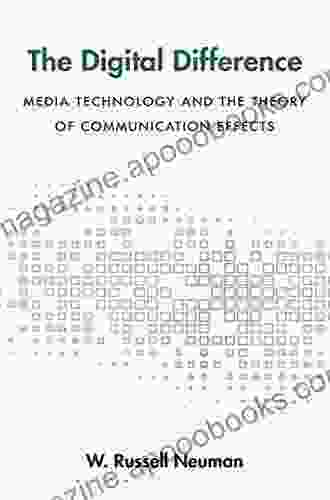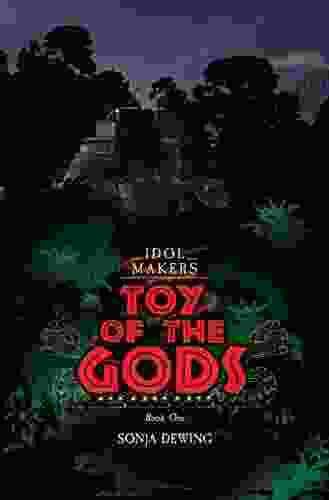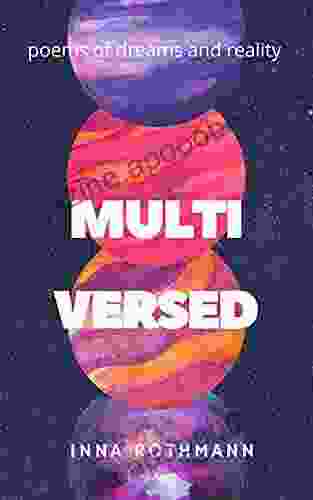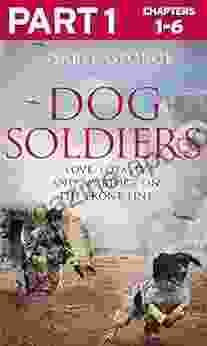Media Technology and the Theory of Communication Effects

5 out of 5
| Language | : | English |
| File size | : | 6758 KB |
| Text-to-Speech | : | Enabled |
| Enhanced typesetting | : | Enabled |
| Word Wise | : | Enabled |
| Print length | : | 378 pages |
| Screen Reader | : | Supported |
| X-Ray for textbooks | : | Enabled |
In the ever-evolving landscape of communication, media technology has emerged as a transformative force, profoundly shaping the way we interact, consume information, and perceive the world around us. The interplay between media technology and communication effects has become a subject of extensive research and analysis, yielding a wealth of insights into how technology influences our understanding, interpretation, consumption, and creation of information.
The Evolution of Media Technology and Its Impact on Communication
The advent of new media technologies has historically marked significant shifts in communication patterns and behaviors. From the invention of the printing press to the rise of radio, television, and the internet, each technological advancement has brought about unique opportunities and challenges for communication.
The printing press, for instance, revolutionized the dissemination of knowledge, making it accessible to a wider audience. Radio and television, in turn, enabled mass communication, reaching vast populations simultaneously. The internet, with its unparalleled connectivity and global reach, has transformed communication, fostering the growth of social media, instant messaging, and online communities.
Theoretical Perspectives on Media Technology Effects
Numerous theoretical perspectives have emerged to explain the complex relationship between media technology and communication effects. These include:
- Media effects theory: This theory posits that media consumption has direct and observable effects on individuals' attitudes, beliefs, and behaviors.
- Uses and gratifications theory: This theory emphasizes the active role of individuals in selecting and using media to satisfy their needs and goals.
- Cultural studies approach: This approach examines the cultural context in which media technologies are used and how they shape social norms and values.
- Media ecology theory: This theory considers the interconnectedness of media, technology, and the environment, arguing that they form a complex ecosystem that influences human communication and society.
- Critical theory: This theory critiques the dominant ideologies and power structures embedded in media technologies, highlighting their potential for manipulation and societal control.
Empirical Research on Media Technology Effects
Empirical research has provided substantial evidence of the vielfältig effects of media technology on communication. Some key findings include:
- Exposure to violent media has been linked to increased aggressive thoughts and behaviors.
- Social media use can promote social connection and community engagement, but can also lead to cyberbullying and privacy concerns.
- Online news consumption can influence political attitudes and voting behavior.
- Digital media literacy is essential for individuals to critically evaluate and use media technologies effectively.
- Media multitasking can impair attention and cognitive functioning.
Implications for Communication Practice and Policy
The research on media technology effects has significant implications for communication practice and policy. It highlights the need for:
- Media literacy education: Individuals should be equipped with the skills to critically analyze media messages and make informed decisions about their media consumption.
- Responsible media production: Media creators should be mindful of the potential effects of their content and strive to promote positive and constructive messages.
- Government regulation: Governments may need to regulate media technologies to protect individuals from harmful content and ensure fair competition.
- Further research: Ongoing research is crucial to continuously monitor and understand the evolving effects of media technology on communication.
The relationship between media technology and communication effects is complex and multifaceted, with significant implications for individuals, society, and the future of communication. By understanding the theoretical perspectives and empirical research on this topic, we can harness the transformative power of media technology while mitigating its potential risks. The book "Media Technology and the Theory of Communication Effects" provides a comprehensive exploration of this subject, offering valuable insights and practical guidance for communication professionals, researchers, and policymakers.
5 out of 5
| Language | : | English |
| File size | : | 6758 KB |
| Text-to-Speech | : | Enabled |
| Enhanced typesetting | : | Enabled |
| Word Wise | : | Enabled |
| Print length | : | 378 pages |
| Screen Reader | : | Supported |
| X-Ray for textbooks | : | Enabled |
Do you want to contribute by writing guest posts on this blog?
Please contact us and send us a resume of previous articles that you have written.
 Book
Book Novel
Novel Page
Page Chapter
Chapter Text
Text Story
Story Genre
Genre Reader
Reader Library
Library Paperback
Paperback E-book
E-book Magazine
Magazine Newspaper
Newspaper Paragraph
Paragraph Sentence
Sentence Bookmark
Bookmark Shelf
Shelf Glossary
Glossary Bibliography
Bibliography Foreword
Foreword Preface
Preface Synopsis
Synopsis Annotation
Annotation Footnote
Footnote Manuscript
Manuscript Scroll
Scroll Codex
Codex Tome
Tome Bestseller
Bestseller Classics
Classics Library card
Library card Narrative
Narrative Biography
Biography Autobiography
Autobiography Memoir
Memoir Reference
Reference Encyclopedia
Encyclopedia Mike Rhodes
Mike Rhodes Jenny Gardiner
Jenny Gardiner Herbie Hancock
Herbie Hancock Heimito Von Doderer
Heimito Von Doderer Maya Donenfeld
Maya Donenfeld Helen Prejean
Helen Prejean Helen Zia
Helen Zia Hope Springs
Hope Springs Helena Fairfax
Helena Fairfax Winn Collier
Winn Collier Janina Ramirez
Janina Ramirez Herman Kynaston
Herman Kynaston Herbert A Simon
Herbert A Simon M A Hayat
M A Hayat Marcel Fuursted
Marcel Fuursted Hervie Haufler
Hervie Haufler Susan Fast
Susan Fast Izzy Sweet
Izzy Sweet V S Alexander
V S Alexander Hamilton Wright Mabie
Hamilton Wright Mabie
Light bulbAdvertise smarter! Our strategic ad space ensures maximum exposure. Reserve your spot today!
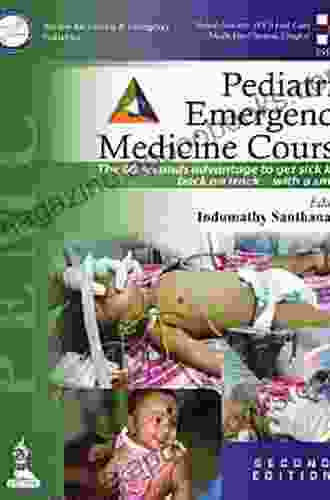
 Elias MitchellEmpowering Healthcare Professionals: Pediatric Emergency Medicine Course by...
Elias MitchellEmpowering Healthcare Professionals: Pediatric Emergency Medicine Course by... Isaac MitchellFollow ·11.8k
Isaac MitchellFollow ·11.8k Vernon BlairFollow ·12.8k
Vernon BlairFollow ·12.8k Guillermo BlairFollow ·5.7k
Guillermo BlairFollow ·5.7k Roger TurnerFollow ·16.4k
Roger TurnerFollow ·16.4k Thomas MannFollow ·3.6k
Thomas MannFollow ·3.6k Jeremy CookFollow ·19k
Jeremy CookFollow ·19k Pat MitchellFollow ·9.4k
Pat MitchellFollow ·9.4k Henry GreenFollow ·6.1k
Henry GreenFollow ·6.1k
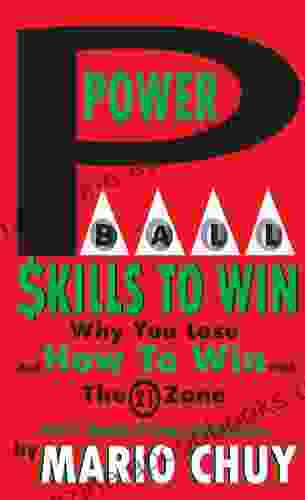
 Stanley Bell
Stanley BellUnlock the Secrets of Powerball Success: Master the...
Prepare to shatter the odds and transform...

 Ernest J. Gaines
Ernest J. GainesPatti Smith Horses 33 55: A Photographic Journey into a...
Journey into the raw and...
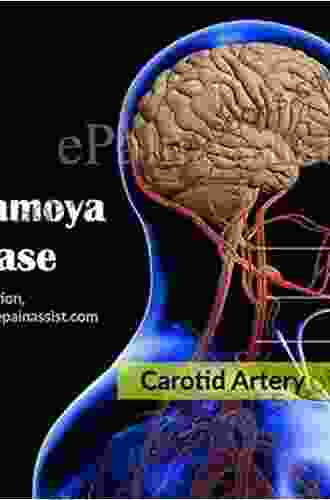
 Isaiah Price
Isaiah PriceMoyamoya Disease Diagnosis And Treatment: A Comprehensive...
Moyamoya Disease...
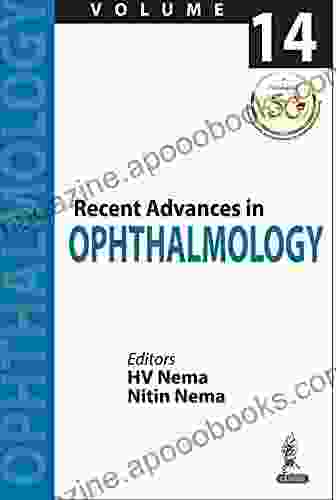
 Joseph Foster
Joseph FosterRecent Advances in Ophthalmology, Volume 14
Editor: [Editor's...
5 out of 5
| Language | : | English |
| File size | : | 6758 KB |
| Text-to-Speech | : | Enabled |
| Enhanced typesetting | : | Enabled |
| Word Wise | : | Enabled |
| Print length | : | 378 pages |
| Screen Reader | : | Supported |
| X-Ray for textbooks | : | Enabled |


